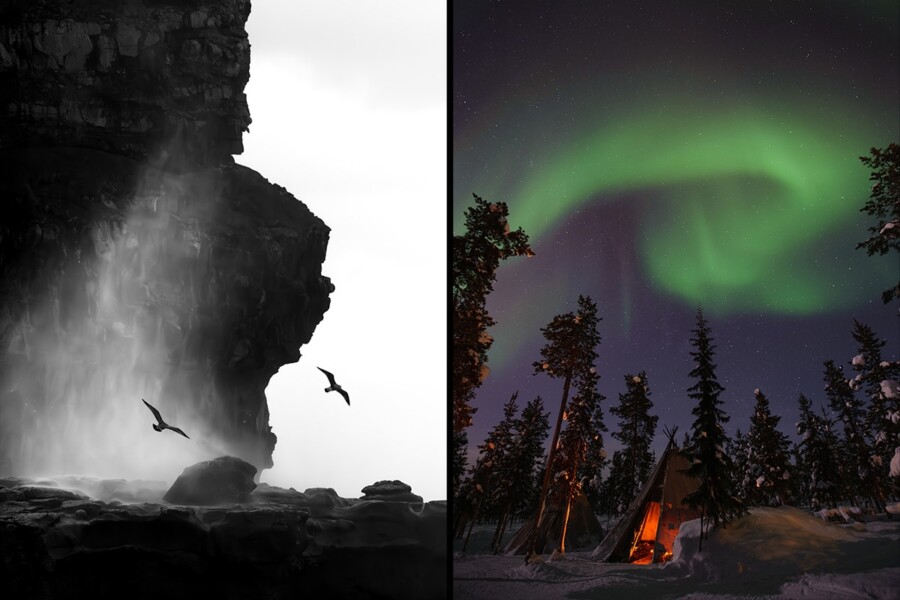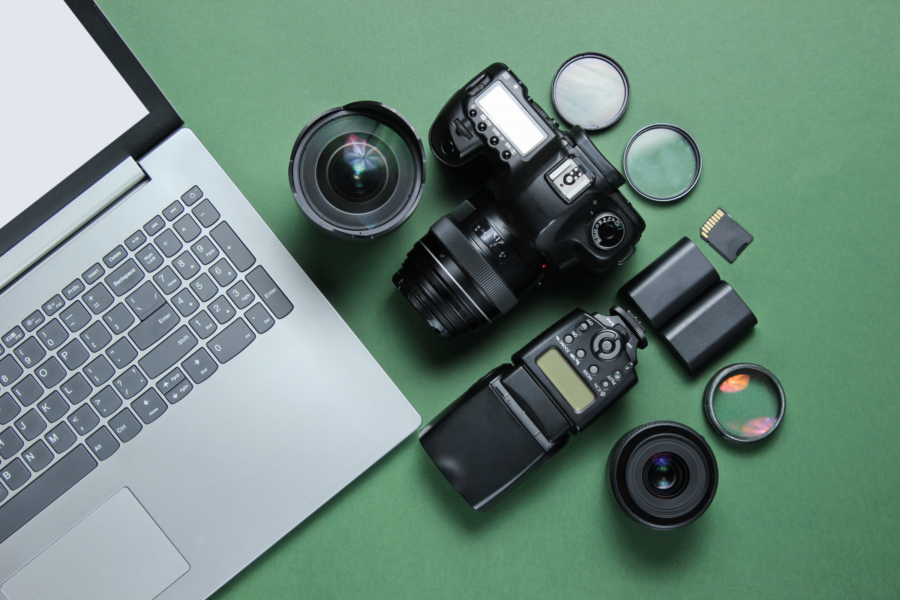Share
10 Signs That You’re Ready To Graduate from Flickr
Flickr might be a fun place to share your photography with the world, but it’s not a tool for business. If you’re starting to get serious with ...
Flickr might be a fun place to share your photography with the world, but it’s not a tool for business. If you’re starting to get serious with your images, and if you’re interested in the possibility of making money from your craft, then you may want to consider “graduating from Flickr.”
It is my personal belief that a photo website should be generating more than just comments. It should be generating revenue — or at least have the capability to.
“I knew it was time to upgrade from Flickr once I realized that many people, not just clients and friends, wanted to view, share, use and purchase images from the events I was attending and photographing,” said Taylor Davidson, a New York-based photographer and Flickr graduate.
“Handling requests from magazines, websites, PR agencies and the speakers themselves was simply too difficult with just Flickr, and I needed a solution with an e-commerce transaction platform to handle sales.”
Davidson said that shifting to PhotoShelter was an easy decision.
So, what are the signs that you may be ready to graduate from Flickr? Just for fun, I compiled a list of 10. If any of these points ring true to you, then congratulations, you’re ready to graduate to the next level.
10 Signs That You’re Ready To Graduate from Flickr
1) You share your login and password with clients to deliver files.
Don’t laugh. People actually do this, and it’s obviously not recommended. Beyond the security concerns, it just don’t look very professional. Think about the process you’re putting your clients through – because it says a lot about you.
2) You’re starting to worry that a client may get the wrong idea about you after reading your comments on that “College Girls Gone Wild” set.
Flickr is designed to be a fun photo sharing site for everyone, and like social media, it’s generally not a great idea to mix business with pleasure.
3) You’re not sure that having all your files renamed to something like “4459521835_68e07342be_o.jpg” is so convenient after all.
If you’ve followed the best-practices for archiving and storing your images, and have named your files as to make them easier to sort and find – all of that goes away when Flickr renames all of your images to something completely useless. And, if someone is interested in buying an image, tracking down the high-resolution image on your own hard drive will be a challenge if you don’t know the name of the file.
Also, having descriptive keywords in the names of your files is great for Search Engine Optimization (SEO). When Flickr renames your files, you lose that benefit as well.
4) You have a hard drive full of images that have been watermarked specifically for Flickr.
As a way to prevent image theft, many people watermark their own images before they upload them to Flickr because there is no way to add watermarks within Flickr. This can be a time-consuming affair, causing you to maintain different versions of the same images on your own hard drive. Not very efficient.
5) You’re starting to think there may be better options than giving 70% or 80% of your sales to Getty.
That’s right, giving up 70% or 80% of the sale to Getty is your stock photography sales solution within Flickr. It doesn’t take a math genius to realize that this isn’t a favorable split, especially in the case when a customer found your images on their own, and Getty didn’t do anything. Your image sold itself, and Getty gets money for nothing.
6) You no longer think it’s funny to make people hunt around to contact you if/when they want to buy an image.
I’ve heard photo editors tell stories that sounded like they belonged in a “Where’s Waldo” book when trying to contact a photographer from within Flickr. The site is designed to generate comments from other Flickr users, not revenue-generating business contacts for photographers.
7) You have TIFF, PSD, and raw files that you don’t know what to do with.
Flickr only supports JPEG images, so if you’ve been shooting raw images, or you have high-resolution TIFF files, or maybe layered Photoshop documents – Flickr can’t handle them.
8) You’re running out of those “professional” business cards with your flickr URL, and need to order another batch, even though nobody ever calls/emails you back.
Remember what I said in point #1 – looking professional. If your “pro” website is a Flickr URL, it doesn’t look very professional. If you’re wondering why clients aren’t taking you seriously, you may want to start there.
9) You changed your website to match Flickr because you can’t change Flickr to match your website.
You can’t customize Flickr, so you’re going to look like everyone else who uses the service. It might be a great community to get feedback from other photographers, but it’s not a great interface for your clients.
10) You want to make a profit from your prints and products, but you can’t.
Flickr doesn’t really want you to use the site to make money. It is meant to be a place for people to share images openly, and receive comments. They don’t want the site to turn into a commercial marketplace because if that were to happen, the whole nature and vibe of the community would change dramatically.
There are a lot of really great images in Flickr, and there are a lot of savvy photo buyers lurking about, looking for a deal, preying on people who don’t know any better. The majority of people using Flickr have no idea what an image is truly worth, and without any pricing support, structure or guidelines, end up giving away their images for very little money.
Flickr is not an evil place. I like Flickr, I think it’s fun, and there are a tremendous amount of inspirational images there. I just don’t think it’s a “professional tool”, and photographers who are trying to take that next step should consider a system that is more business-savvy.


